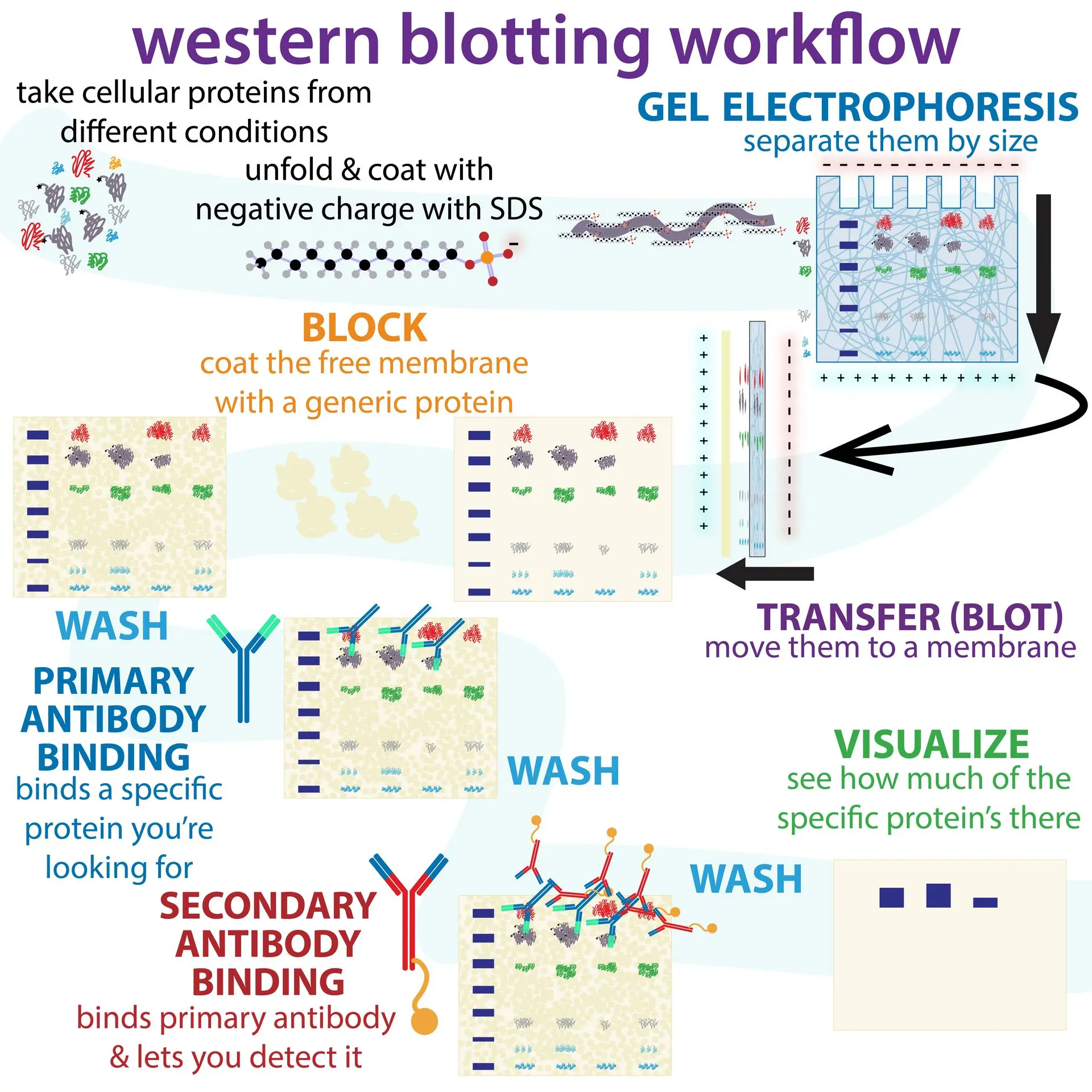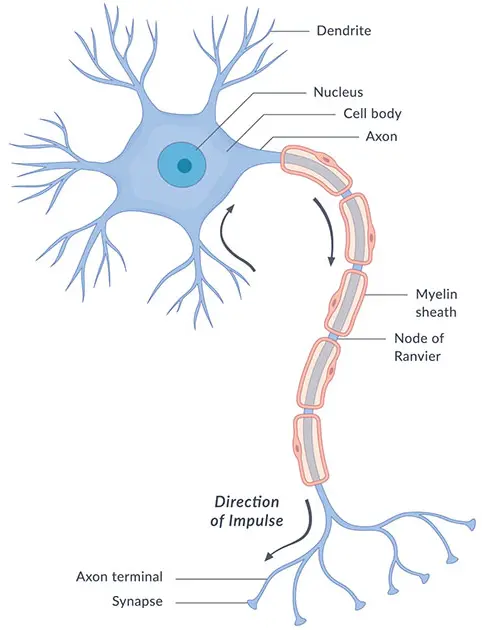Antibodies are indispensable tools in neuroscience research. Whether you're studying neural development, synaptic function, or neurodegenerative diseases, the right antibodies can make the difference between reliable results and ambiguous data. This guide highlights the top antibodies every neuroscience lab should have, their key applications, and why they are so essential for your experiments.
1. Anti-Synaptophysin Antibody
🔹 What is Synaptophysin?
A membrane glycoprotein of synaptic vesicles, Synaptophysin is widely used as a marker of presynaptic terminals. It helps visualize and quantify synapse density crucial in developmental neurobiology and synaptic degeneration studies.
🧪 Applications:
- Immunohistochemistry (IHC) on brain slices or cultured neurons
- Western blot for synaptic protein profiling
- Fluorescent imaging in co-localization with post-synaptic markers (PSD95)
2. Anti-MAP2 Antibody
🔹 What is MAP2?
A structural protein localized in neuronal dendrites, MAP2 is widely used to define neuronal morphology. It's a standard for evaluating neuronal health, development, and differentiation from stem cells.
🧪 Applications:
- Identifying neurons in mixed cultures
- Visualizing dendritic growth in injury or development models
- Confirming neuronal identity in iPSC-derived neurons
3. Anti-GFAP (Glial Fibrillary Acidic Protein) Antibody
🔹 What is GFAP?
GFAP is the gold standard marker for astrocytes, the star-shaped glial cells critical in CNS homeostasis and repair.
Astrocyte reactivity is a hallmark of neuroinflammation in trauma, ischemia, and neurodegenerative diseases.
🧪 Applications:
- Assessing reactive gliosis post-injury
- Mapping astrocyte networks in various brain regions
- Exploring glial cell heterogeneity
4. Anti-NeuN Antibody
🔹 What is NeuN?
NeuN (Fox-3) is a neuronal nuclear antigen, commonly used to label post-mitotic neurons.
NeuN enables quantification of neuronal populations and assessment of cell loss in disease models.
🧪 Applications:
- Stereological counting in brain sections
- Confirming neuronal differentiation from stem cells
- Tracking neuron survival in models of stroke or trauma
5. Anti-VMAT2 Antibody
🔹 What is VMAT2?
VMAT2 loads dopamine, serotonin, and norepinephrine into synaptic vesicles a vital function in monoaminergic neurons.
VMAT2 is a core marker for dopaminergic and serotonergic systems, heavily implicated in Parkinson’s, schizophrenia, and depression.
🧪 Applications:
- Mapping dopamine pathways (substantia nigra, striatum)
- Assessing synaptic integrity in Parkinsonian models
- Evaluating neurotoxin effects (MPTP-induced lesion studies)
6. Anti-Iba1 (Ionized Calcium-Binding Adapter Molecule 1) Antibody
🔹 What is Iba1?
Iba1 is exclusively expressed in microglia, the brain's resident immune cells.
Iba1 antibodies help detect microglial activation a key player in neuroinflammation, infection, and aging.
🧪 Applications:
- Immunofluorescence for microglial morphology (ramified vs amoeboid)
- Studying immune responses to stroke, trauma, or infection
- Co-labeling with CD68 or MHCII to study activation states
7. Anti-Tau and Anti-Phospho-Tau Antibodies
🔹 What is Tau?
Tau stabilizes microtubules in neurons. In Alzheimer's disease, hyperphosphorylated tau forms neurofibrillary tangles.
Tau and phospho-tau antibodies are indispensable for neurodegeneration studies and biomarker discovery.
🧪 Applications:
- Detecting tau pathology in AD models
- Assessing disease progression via phospho-specific isoforms (pS202, pT231)
- Screening for anti-tau therapeutic efficacy
The Importance of Antibodies in Biotechnology
Antibodies play a fundamental role in biotechnology due to their exceptional specificity and versatility. In research, they are essential tools for detecting, quantifying, and visualizing proteins in complex biological systems, enabling precise analysis in fields such as neuroscience and immunology. Beyond basic research, antibodies are widely used in diagnostic applications from ELISA and rapid tests to advanced biomarker discovery helping clinicians detect diseases early and monitor progression. In the pharmaceutical industry, monoclonal antibodies have revolutionized therapeutic approaches, forming the basis of targeted treatments for conditions like autoimmune disorders, and neurodegenerative diseases research. Their ability to bind to specific antigens with high affinity also makes them powerful vehicles for delivering drugs directly to diseased cells, minimizing side effects. As biotechnology continues to advance, antibodies remain at the forefront of innovation, supporting everything from personalized medicine to the development of next-generation therapeutics.
Having a solid collection of validated antibodies is critical for any neuroscience lab. The markers listed above cover neurons, glia, synapses, and disease-related proteins, giving you a strong foundation for both basic and translational research.

